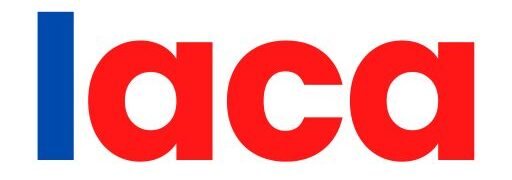The South African Social Security Agency (SASSA) recently made a slew of updates in its grant system in 2025 for unemployed and underemployed citizens wishing to join the workforce. It is designed to encourage a job hunt for beneficiaries without taking away their much-needed financial support from the very first day. If you are on SASSA grant at the moment or looking to apply for a grant, here is what is new.
Employment-Friendly Grant Adjustments
Traditionally, the grant beneficiaries would not accept a job because of the fear of terminating the grant benefits. In such circumstance, an individual had to choose between part-time work and complementing the income with consistent social support. According to the rules, SASSA grant recipients can earn income along with their part grants.
While SASSA will not terminate the grant immediately on employment commencement, it will reduce the amount considering the earnings of the recipient. This flexible model allows people to transition into the workforce more smoothly without losing their financial stability.
Increased Income Thresholds
This increase in the income thresholds aims to enable all grant beneficiaries to smooth their entry into the workplace by accepting different levels of employment. Thus, new income levels above monthly poverty line thresholds will be allowed, which means that beneficiaries will now earn much more than before but will still be able to qualify for various grants.
Hence, SASSA now hopes to consider people earning little salaries, whether being in a part-time job or working in an informal economy, so that they are not disadvantaged from receiving financial aid. This change is especially valuable in households where several income sources are added to form a small amount.
SRD Grant Modifications
The SRD Grant started gaining popularity during the COVID pandemic, but the program is now open with some major amendments. Some of these amendments now include special provisions for temporary or part-time employees.
These amendments show that most people earn irregular income from gig work, seasonal jobs, or short-term contracts. Under the new amended guidelines, these individuals can still qualify for the SRD Grant as long as their earning remains below the newly modified threshold. Thus, most temporary employment will not disqualify vulnerable individuals from receiving assistance.
Employment Support Programs
Aside from financial assistance, SASSA has instituted various employment support programs aimed at empowering grant recipients to find stable jobs. The programs provide, among other things, vocational training, job readiness workshops, and direct placement services.
Nota bene, beneficiaries are aided in their resumes, interview preparation, and certification in trades and services that are in high demand. Other benefits available to applicants include transportation assistance for job interviews and career guidance services. The idea is to equip recipients to come out with flying colors in the labor market.
Updating Verification and Compliance
In a bid to increase efficiency and minimize fraud, SASSA has enhanced its verification processes. These adjustments include the cross-checking of the information obtained by the different government departments to quickly verify incomes and employment status.
The application and review processes for grants are now also more efficient, which means shorter turnaround times for new applicants. In addition, the appeal process after applications are rejected is much clearer and fairer, allowing applicants to gain a deeper understanding of why a decision was taken and how to challenge it if needs be.
Conclusion:
Towards a Balanced Approach in Social Support and Employment
The recent changes initiated by SASSA signal a movement toward a far more progressive and helpful social system. The granting of partial grants while individuals further their income, with a raised income threshold, moves the agency toward helping South Africans out of dependency and into independence with less risk of financial instability.
Complementing employment support programs are improved verification processes toward that end. These updates represent a thoughtful approach that engenders self-reliance while at the same time securing the most vulnerable.




